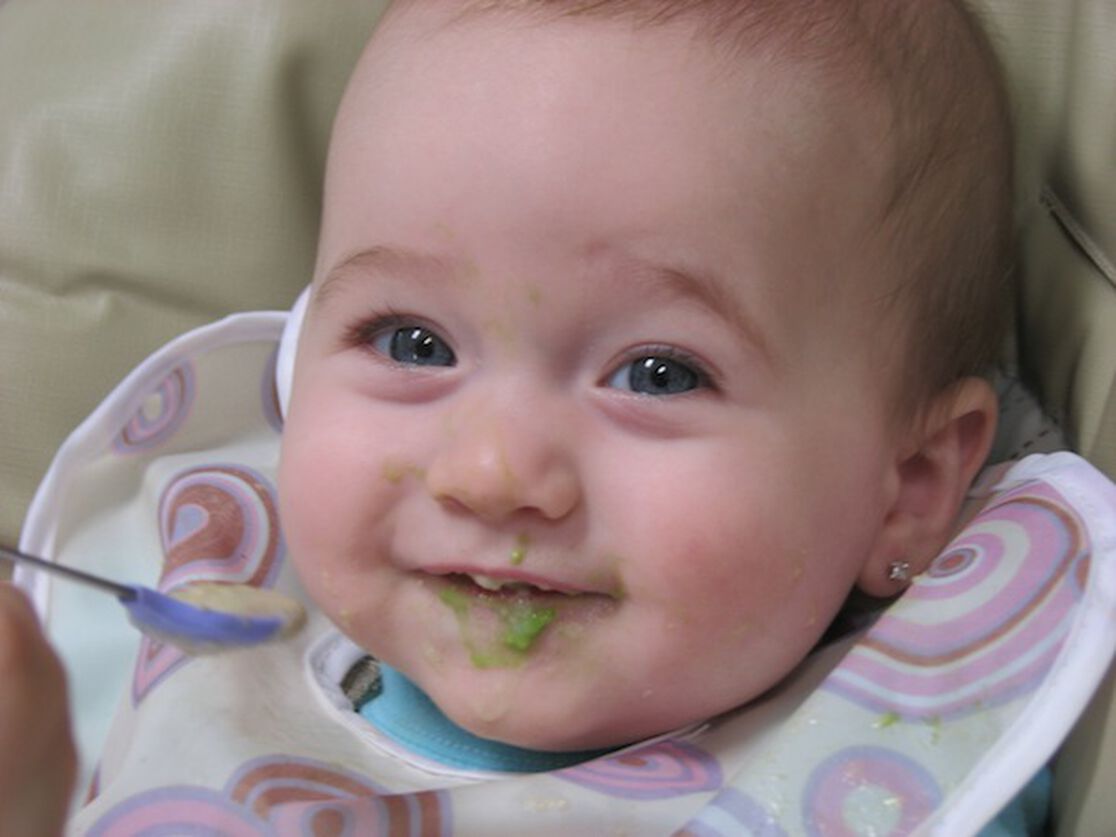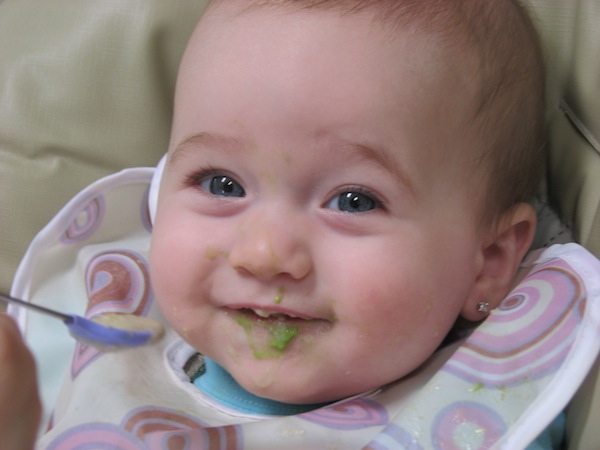During the past few months, it seems that I have been talking about iron a lot! From the importance of iron rich foods when starting solids to the increasing number of kiddos that I see with iron deficiency anemia, it is just on my mind.
Iron is a essential mineral required for both children and adults. Iron has many functions in the body. One of iron’s main functions is to both take up and release oxygen atoms from our cells, helping to transport oxygen to tissues all over the body.
Children need sufficient iron from their diets to support their rapid rates of growth, to replace the iron that the body uses up when forming new muscle and tissue, and to have enough energy to learn and play. Adults also need sufficient iron from their diets to feel good and to stay healthy, especially women who lose iron stores on a monthly basis. Iron-deficiency anemia is a common nutrition problem for young children, which their pediatrician may check for during their regular physical exams. By including iron-rich foods in your family meals and snacks, you can be a step ahead of the game. Both you and your children will benefit.
How much iron do you need? The Institute of Medicine provides this great chart for understanding the average amount you need based on sex, age, and even pregnancy.
Good dietary sources of iron are:
- Lean meat (beef, chicken, turkey, pork)
- Iron-enriched whole grain breads and cereals
- Cooked dried beans (black, navy, lima, kidney, pinto, edamame)
- Greens (collard, spinach, kale, mustard, turnip green)
- Dried fruit (raisins, apricots, prunes)
- Egg yolks
Vitamin C also helps your body absorb iron more efficiently. So, try to incorporate a combo of foods rich in Vitamin C with foods rich in iron into your family meals and snacks on a daily basis for optimal iron status:
- Breakfast cereal with berries or juice
- Chili with beans made with tomato sauce
- Chicken with an apricot sauce
- Pasta salad with chicken and bell peppers or tomatoes
- Hard-boiled egg with calcium fortified orange juice
- Turkey sandwich with a tangerine
Often times, our diet isn’t sufficient to help raise iron levels during a deficiency state and a physician then may recommend a supplement. Although food is the ideal source of iron, it may be difficult to obtain the amount of iron required in certain circumstances, like iron deficiency anemia and pregnancy (when a woman’s daily requirements are elevated). Keep in mind that too much iron can cause toxicity in children, so always keep supplements out of your children’s reach.
Common side effects of iron supplementation are constipation, so be sure to continue a well-balanced diet high in fiber and fluids. Choosing a supplement is an important decision and there are many things to think about. Make sure to look for a supplement without artificial colors, flavors, and fillers and ideally a supplement that is certified organic.
Be Well, Be NutritionWise.
~ Nicole Meadow, MPN, RD of NutritionWise
This post is solely for informational purposes. It is not intended nor implied to be a substitute for medical advice. Before undertaking any course of treatment or dietary changes, you should seek the advice of your physician or other health care provider.





